For the past six years or so a variety of arts organisations have been campaigning against the English Baccalaureate, or the ‘EBacc’, as it’s known. To meet this standard, schoolchildren have to get grade C or above in seven GCSEs (Eng lang, Eng lit, maths, two sciences, a humanity and a foreign language) and, according to the campaigners, this means students have been turning away from arts GCSE subjects such as music, drama and dance. They claim that since the EBacc’s introduction by Michael Gove, arts education has been decimated.
Now, I have some sympathy for the lobby groups making this argument. The first part of their case — that the arts are one of the UK’s biggest strengths and are increasingly critical to our economic success — is unassailable. Since 1997, the growth of Britain’s creative industries has outstripped that of many other sectors, adding a gross value of over £84 billion, or 5.2 per cent of the UK’s GDP, in 2014. No one in this debate is suggesting that arts education isn’t hugely important, although the anti-EBacc lobbyists might think otherwise.
Where the two sides part company is on the data. The Department for Education’s response is to deny that the EBacc has had any negative impact on the popularity of GCSEs in arts subjects. In fact, the number of arts GCSEs taken last year was higher than it was before the EBacc was introduced. And that’s in spite of an overall decline in the pupil population. So who’s right?
In my new role as director of the New Schools Network, a charity that helps groups set up free schools, I decided to ask one of my team (Ed Fellows) to do a deep dive into the GCSE data for the last five years and try to get to the bottom of this. It wasn’t just intellectual curiosity. NSN has been trying to persuade more arts organisations to set up schools and the response we often get back (although not always, I’m pleased to say) is that they’d be on a hiding to nothing. The EBacc makes it impossible to create a school with a strong arts focus. So I wanted to find out if they were right. If they are, we should probably abandon this campaign; if not, we can show them our analysis to allay their fears.
Well, it turns out the government is bang on the money and the anti-EBacc brigade is wrong. I know, I know. That makes me sound like a toady and I daresay the critics of Gove’s education reforms will think, ‘Well, he would say that wouldn’t he?’ But the data is clear. If you look at the number of GCSE entries last year in art and design, dance, drama, expressive arts and performance studies, film studies, media, film and television studies, music, and performing arts, it has increased since 2012, which was the last year before the EBacc could conceivably have influenced students’ GCSE choices. It went up 2 per cent, in fact, from a little under 315,000 in 2012 to more than 320,000 last year.
This isn’t because schoolchildren interested in the arts have switched from vocational arts qualifications to GCSEs in arts subjects. If that were the case, the GCSE rise might be disguising an overall decline in arts education. But it isn’t. The absolute number of students doing vocational arts qualifications also increased between 2012 and last year. The figures are in an Arts Report downloadable from the NSN’s website.
So what accounts for the contradictory data produced by the other side? Two things. First, they include independent schools, where there really has been a decline in the uptake of arts GCSEs in the past five years. But that’s a bit rum because it doesn’t make sense to talk about an ‘EBacc effect’ in private schools — the Education Secretary’s writ doesn’t extend to the independent sector. Second, they include the subject of design and technology in their definition of arts subjects, and the uptake of that particular GCSE has declined significantly. But that’s also cheating because it isn’t classed as an arts subject in the national curriculum. Not surprising, because it covers areas like ‘electronics’ and ‘resistant materials’.
I hope arts organisations across the sector will welcome this finding. No conflict with the EBacc after all. We also made another discovery: those state schools that combine high expectations in a core of academic subjects with a strong focus on the arts are some of the best performers in the country. So come and see us at NSN, arts practitioners. We will welcome you with open arms.
Got something to add? Join the discussion and comment below.
Get 10 issues for just $10
Subscribe to The Spectator Australia today for the next 10 magazine issues, plus full online access, for just $10.
You might disagree with half of it, but you’ll enjoy reading all of it. Try your first month for free, then just $2 a week for the remainder of your first year.


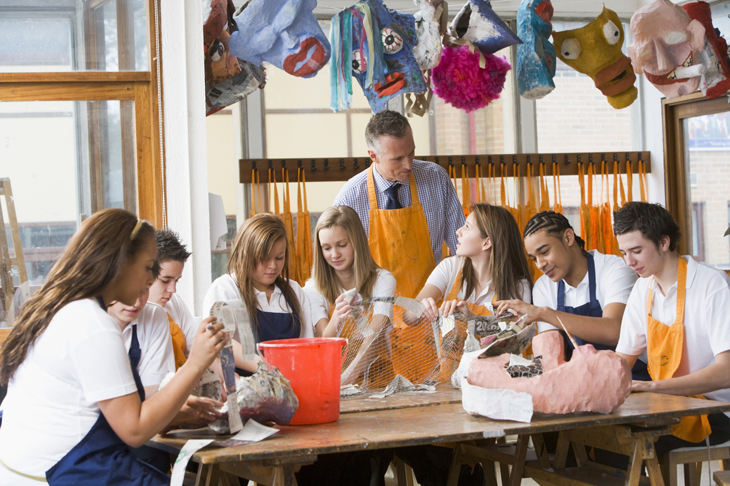
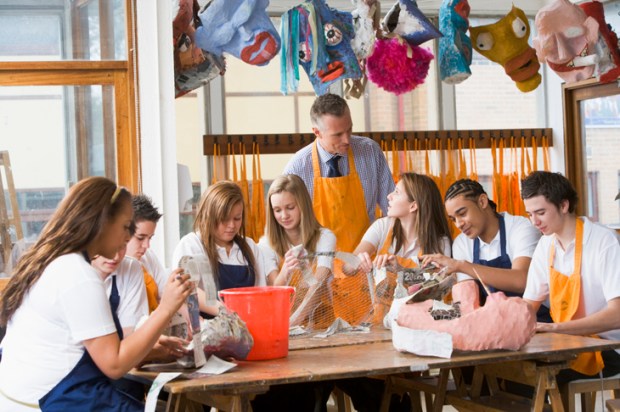
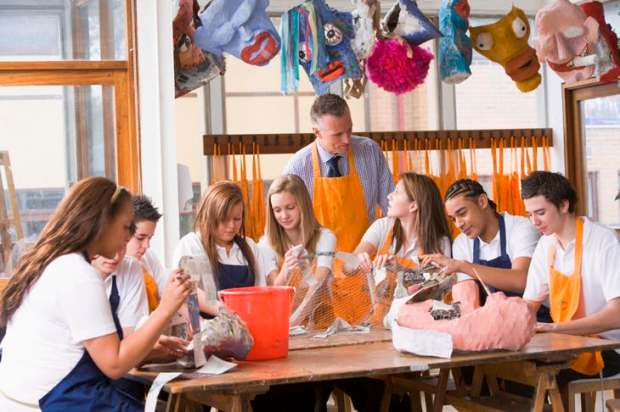
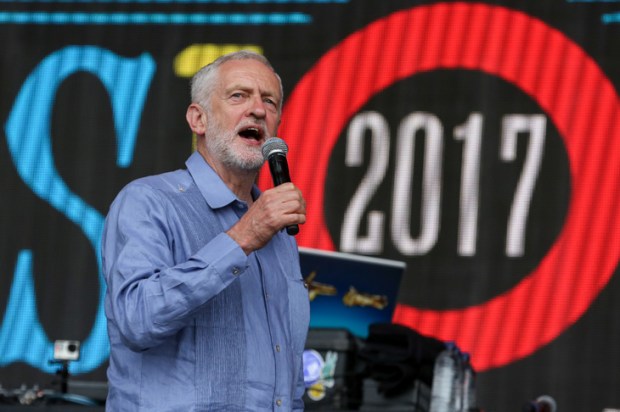
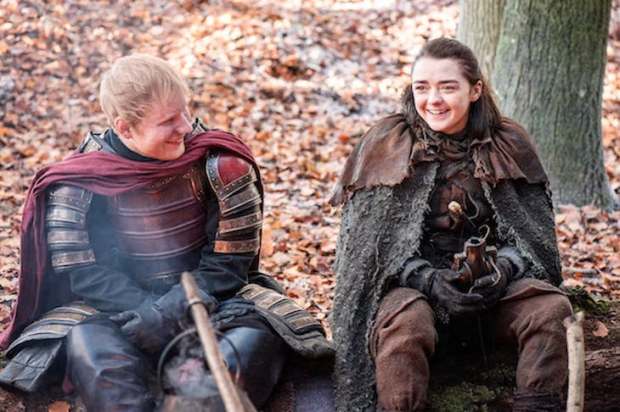







Comments
Don't miss out
Join the conversation with other Spectator Australia readers. Subscribe to leave a comment.
SUBSCRIBEAlready a subscriber? Log in